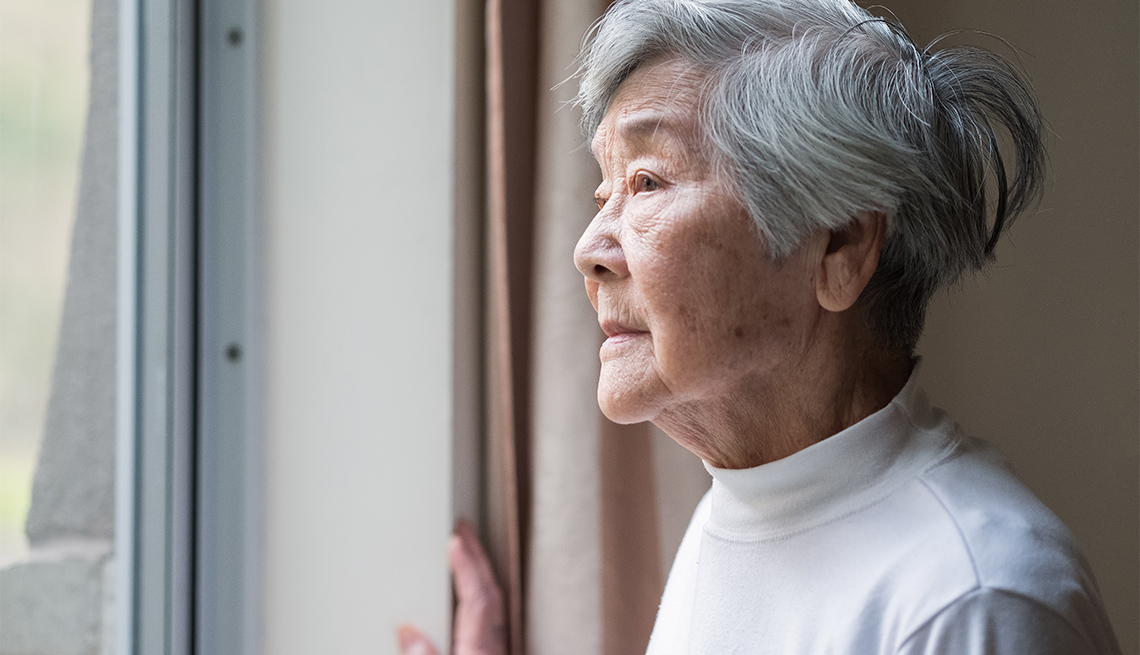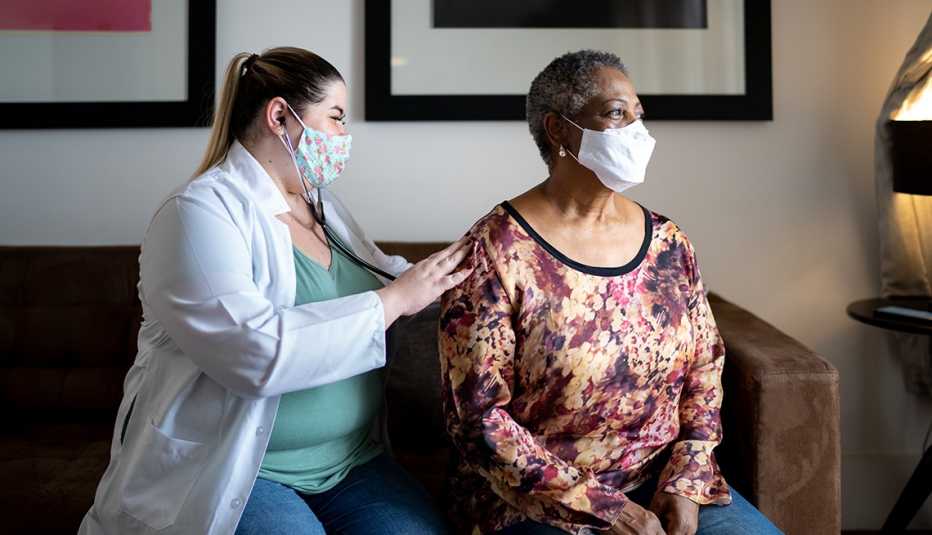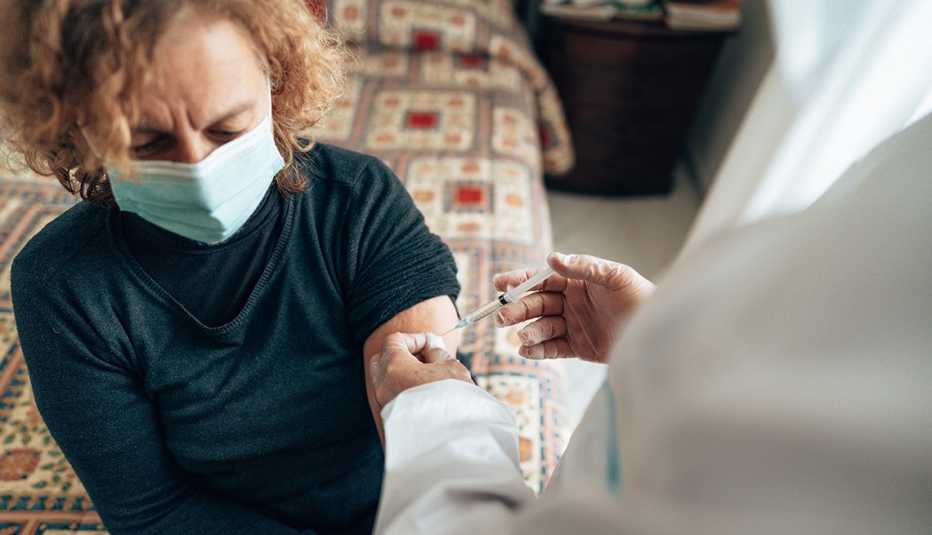Staying Fit
“I had a long talk with my 80-year-old mother about taking precautions against catching the omicron variant,” a friend said to me last week. “But when I spoke with her the next day, she said she had just come back from playing canasta with her girlfriends at the senior center.”
My friend was aggravated and afraid. Didn’t her mom understand, she wondered, how wildly contagious this variant is? Doesn’t she care that, as an older person, she is most prone to its harmful effects? But my friend also knew her mom had recently read that some public health experts now believe Americans should learn to live as normally as possible with COVID-19. And she was aware that her mother felt that socializing with friends was more important than being careful at this point in her life.


AARP Membership— $12 for your first year when you sign up for Automatic Renewal
Get instant access to members-only products and hundreds of discounts, a free second membership, and a subscription to AARP the Magazine.
As omicron surges in some parts of the country and begins to abate in others, such family situations have become increasingly common. Even after nearly two years of living with the uncertainty of the pandemic, caregivers and care recipients are still struggling to determine the right way to live safely. There are compelling arguments on each side of the debate:
- Because family caregivers by definition feel responsible for protecting care recipients, they have good reason to err on the side of caution. Faced with an unrelentingly contagious variant, many feel bound to encourage older adults to stay home, or to keep them home if they reside together. They also tend to stay home themselves to reduce their chances of contracting the virus and then infecting their loved ones.
- But even before the start of the pandemic, abundant research showed that socially isolated older adults suffer more medical and psychological problems. There is also recent research that omicron poses far fewer health risks to those who are vaccinated. If responsible family caregivers follow the same dictum as physicians to “first, do no harm,” then is keeping care recipients at home really the best choice to avoid hurting them?




































































